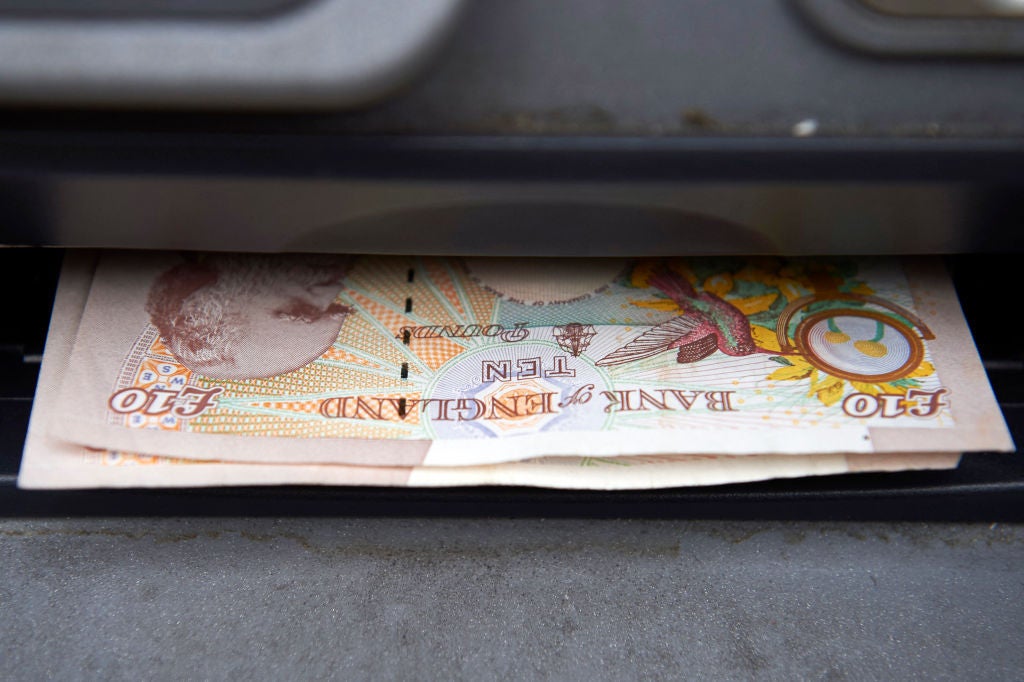
What the latest interest rates change means for your mortgage, savings and bills
The Bank of England (BoE) announced on Thursday its decision to cut interest rates to 4.00 per cent, a third cut of the year.
For August’s vote, the bank’s nine-person Monetary Policy Committee (MPC) needed two votes to arrive at a decision, the first seeing four votes for cutting, four for holding and one for cutting by double the amount down to 3.75 per cent. A second vote saw a 5-4 split in favour of cutting.
Inflation was a big reason for the dissension in voting, but BoE governor Andrew Bailey signalled the trend was still downwards and that inflation fears were being balanced against a weaker jobs market in the UK.
Here’s a brief rundown of what the current interest rate might mean for you:
What does the interest rate mean for mortgages?
Broadly speaking, as increasing interest rates over the last few years have meant mortgage repayments going up, then the reverse also holds true: lower rates, lower repayments. However, there are several important things to note.
Firstly, that it’s only the interest on the repayments which should change — your capital repayments will naturally decrease the more you pay off your mortgage. Secondly, the base rate isn’t the rate you are necessarily charged by your bank or lender for the mortgage — they’ll base theirs off the BoE rate but it doesn’t have to be the same.

More than half a million people do, however, have a mortgage which tracks the BoE interest rate and those will see an immediate change. Far more have fixed term deals which expire each year and need renegotiating.
Additionally, if you’ve got a fixed term on a mortgage plan, you won’t see a change in any case until that comes to an end. For those homeowners who took a five-year fixed rate in late 2020, their renewals this year will likely see far higher interest rates than they had on old deals.
New mortgage products tend to be based on swap rates – future expectations of interest rates movements rather than the current Bank Rate.
What about savings accounts?
If you have money in a savings account, it’s the other side of the see-saw to mortgages: rates going down mean you’ll earn less interest.
Get a free fractional share worth up to £100.
Capital at risk.
Terms and conditions apply.
ADVERTISEMENT
Get a free fractional share worth up to £100.
Capital at risk.
Terms and conditions apply.
ADVERTISEMENT
As there’s still a bit of a fierce battle raging among banks and building societies for customers, it’s still possible to get good deals if you are happy to lock in money for a fixed period of time or contribute regular amounts, with several offering more than that 4 per cent rate. However, it’s likely some will be removed from the market or have their rates altered in the coming days.
There are always terms and conditions to be met, so ensure any accounts you open suit your circumstances, but the opportunity still remains to save and earn money at a better rate than inflation, which currently sits around 3.6 per cent.
Do be aware of the amount of interest you can earn without being taxed, though. If your savings account interest rate isn’t fixed, banks can always change the rate you get up or down.
A tax-efficient way of saving is to use a Cash ISA, where everyone has a £20,000 personal allowance each year.
Bills and repayments
Credit card repayments and bank or car loans are of course also affected by interest rates, as the amount they all charge for borrowing will be altered.

For credit card users, it’s always ideal to pay off the full amount each month if you are able to, to avoid interest being charged at all – depending on your circumstance and the account type, they can be one of the more costly ways to borrow.
Again, it may not be immediate that lenders alter their rates after a base rate change, but get in touch with them to assess your options if you feel your repayments could or should be lower.







